100+ High-Converting UGC Videos
The same UGC video styles that helped 22,000+ brands increase conversions. Browse 100+ examples, then hire the creators who made them. Videos ready in 7 days from $78.
Skincare
Fashion
Accessories
Parenting
Food & Beverages
Lifestyle Photos
Closeup Photos
Flatlay Photos
Review Videos
Unboxing Videos
Product Usage Videos
 Eterika
Eterika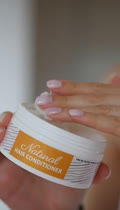

Veronika
Zagreb
 Omnis Uomo
Omnis Uomo

Alina
Genova
 Elegant Touch
Elegant Touch

Harriet
Ongar
 The Ayurveda Experience
The Ayurveda Experience

Lisa-Marie
München
 BubbleBite
BubbleBite

Tjasa
Brežice
 Pure Parfum
Pure Parfum

Ariharan
Goslar
 Manicure Brand
Manicure Brand

Sara
Garbagnate Milanese
 Manicure Brand
Manicure Brand

Assebbane
Ronchin
 DeerMates
DeerMates

Caroline
Znojmo
 Renew + Me
Renew + Me

Sophie
Calne
 Dermz Laboratories
Dermz Laboratories

Kelsey
Chafford Hundred
 DIALECT
DIALECT

Muzdalifat
Slough
 Allies of Skin
Allies of Skin
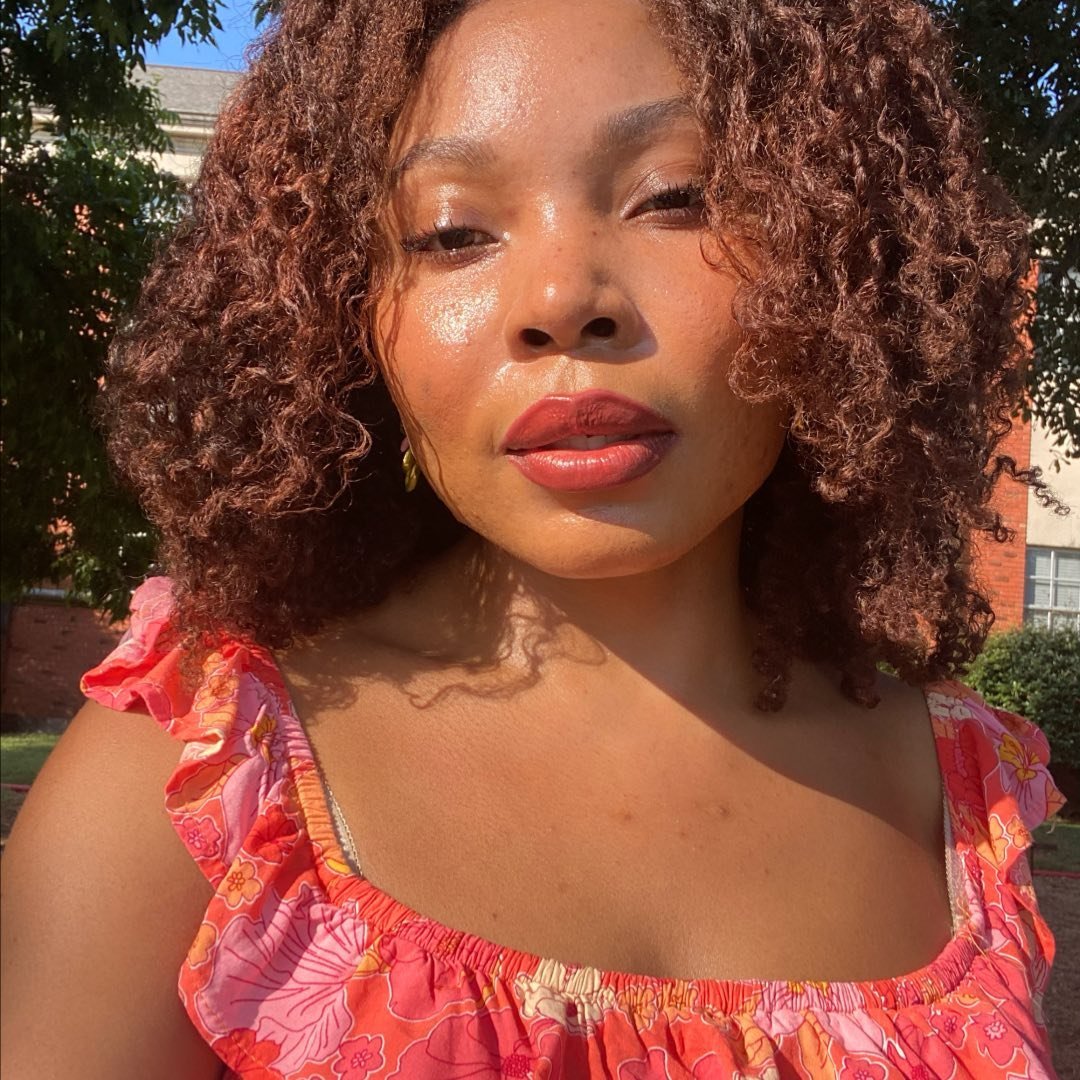
Khondwani
Corsicana
 BeeQueen
BeeQueen

Nataša
Dol pri Ljubljani
 Dr. Natural
Dr. Natural

Khondwani
Corsicana
 Iremia Skincare
Iremia Skincare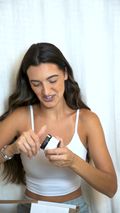

Cassie
Plant City
 That's Me
That's Me

Jan
Dortmund
 Comme Avant
Comme Avant

Charlene
Gordes
 YouGlam
YouGlam

Clizia
San Giovanni Teatino
 DeerMates
DeerMates

Alina
Wien
 Urban Active Naturals
Urban Active Naturals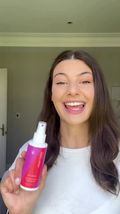

Rebecca
Richmond
 Pure Parfum
Pure Parfum

Romi
Volendam
 Comme Avant
Comme Avant

Ophelie
Plumelin
 Nursem
Nursem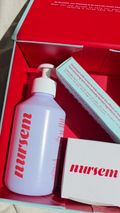

Sheridan
Barnsley
 Auralions
Auralions

Lesia
Bois Colombes
 BeeQueen
BeeQueen

Cindy
Velenje
 Elegant Touch
Elegant Touch

Kimberley
Sheffield
 Legacare
Legacare

Ellyn
Bundoora
 Men's Best
Men's Best

Manca
Trbovlje
 Dr Herma
Dr Herma

Ange-Sophie
Hamburg
 BubbleBite
BubbleBite

Aleksandra
Maribor
 100% PURE
100% PURE

Jazmin
El Cajon
 4kidsandus
4kidsandus

Marjeta
Rače
 Swissline Cosmetics
Swissline Cosmetics

Khondwani
Corsicana
 Manicure Brand
Manicure Brand

Janel Lisa
Milano
 Livora
Livora

Janelle
Sanford
Key UGC Video Benefits For eCommerce

1. UGC Video Increases Conversions With Paid Ads
Get multiple creators to produce varied content, then A/B test to find your winning ads faster. Instead of creating branded content people don't trust, let creators do the work - you just set up campaigns and test what converts.

2. UGC Video Is Cost-Effective
Skip expensive traditional marketing. UGC is a low-cost alternative that delivers better results than branded content. Reuse UGC videos in paid campaigns, as organic posts on social media, social proof on website, and in newsletter campaigns.

3. UGC Video Is Authentic And Builds Trust
Consumers trust other consumers 5x more than brands. Real people showing real results can increase product page conversions by up to 80%.

4. UGC Video Increases Engagement
UGC videos get higher likes, shares, and comments than branded content. They connect with customers on a personal level and build community in the long run, not just push products.
Get High-Impact UGC Videos for your Brand
UGC videos starting at $78

3000+ Vetted Creators in Canada
Money-back guarantee
What is a UGC Video?
UGC (User-Generated Content) video is authentic content created by real people—not your brand's marketing team. It's everyday people sharing relatable videos about genuine experiences with your products.
This authenticity is why 92% of consumers trust peer recommendations over brand messaging. UGC videos provide social proof that turns browsers into buyers—whether it's unboxing reactions, product demos, or transformation stories.
1. Problem-Solution Videos
People love a good solution, especially when it doesn’t feel like a sales pitch. That’s where problem-solution UGC videos come in. They kick off with a relatable struggle and show a solution for that. And yep, that solution just happens to be your product.
These UGC videos don’t feel like marketing. It feels like one person helping another. And that’s what makes it work.
These user-generated video content are real people, in real settings, saying things like, “My skin was breaking out like crazy. Nothing worked. Then I tried this.”
That kind of hook grabs audience's attention fast.
2. Unboxing Videos
There’s something oddly satisfying about watching someone unbox a product. Seeing what’s inside, how the package looks, and unique add-ons. Thank you cards, free samples, stickers, and notes.
But unboxing UGC videos aren’t just about showing the product. These videos help create an experience with your product. They are also proof that the claims about your product are true. After all, displaying user generated videos on product pages increases conversion rates by 8.5%!
3. Testimonials or Review Videos
Because people want the truth.
They want the kind of review that feels like a text from a friend saying, “I didn’t think this would work, but it actually did. Like… wow.”
That’s why raw feedback works so much better than polished brand messaging. It’s not a brand saying, “You’ll love it,” but a real user admitting, “I was super skeptical—and then this happened.” That kind of honesty builds trust fast.
Take Peloton. Their users film themselves mid-ride—sweaty, breathless, and totally in the zone. They share milestone rides, post-workout pep talks, and personal reflections. That unfiltered energy? It’s become part of the brand’s identity—and it works.
So what makes a review stand out? When someone shows genuine frustration turning into relief—or doubt flipping into surprise—that’s the magic moment. It sticks. On top of that, customers show preference for product reviews and testimonials in video format over written ones.
4. "Let Me Show You How" Tutorials
These tutorial-style UGC videos break things down in a way that actually makes sense. They focus on what real people care about and show how to solve the problems most users run into.
Brand-made how-tos often miss the mark. They're too technical, too generic, or just not helpful enough.
Let’s be honest, often, the most useful product tips come from the customers. They solve real issues—and they speak like everyday people, not product manuals.
Look at The Ordinary. Their product names can sound like a science experiment. So users stepped in with video walkthroughs—sharing clear, step-by-step routines, explaining ingredients, and showing results in real time, all in easy-to-understand language.
5. Before & After Videos
Before-and-after UGC videos make people stop scrolling because they promise something real—actual change, visible progress, and proof that it works.
Few things grab attention like a solid transformation story. These videos show the struggle, the process, and the payoff.
Fenty Skin fans do this really well. They post full skincare journeys—from breakouts and dark spots to smoother, glowing skin. It’s raw, honest, and most importantly, it shows what’s possible and achievable.
When consumers shares how your product made life better, it gets others thinking, “What if this could work for me too?”
Use these stories everywhere: on your website, landing pages, emails, and social media platforms. They add a human touch to your marketing efforts, work as social proof, peer recommendations, and strong nudges that drive people to buy.
6. "Day in the Life" Product Integration
Seeing a product just show up in someone’s daily life is very convincing.
No sales pitch. No hype. It’s just part of the routine—and that’s what makes “day in the life” UGC so powerful.
This kind of video content feels effortless, but it sticks. It’s like low-key product placement. The creator isn’t saying, “Look how great this is!” They’re just living their life—healthier, stronger, or better dressed—thanks to your supplement, protein powder, or ultra-comfy office shirt.
Think about it. No one’s filming their Stanley Cup saying, “It keeps my water cold for 12 hours.” They’re just showing it on their desk, in the car, at the gym, or next to the stroller. It’s always there. That’s the message.
That’s why lifestyle UGC works so well. It’s not about telling people why your product’s great. It’s about showing them how it fits into real life.
And when someone can picture themselves using it? That’s when they’re ready to take the next step.
7. Myth-Busting & Objection Handlers
Every product has its skeptics.
“It’s too expensive.”
“Probably won’t work for me.”
“Looks nice online, but who knows?”
Sure, your brand could address all of these doubts. But let's be honest. It makes a huge difference when the reassurance comes from another customer.
That’s where myth-busting UGC shines. It tackles hesitation head-on. But instead of sounding defensive, it feels like a friend saying, “I wasn’t sure either—but here’s what actually happened.”
Casper’s customers are great at this. You’ll see videos like, “I thought the mattress would be too soft… turns out it’s perfect.” Or, “I wasn’t into the idea of buying without trying it first, but their 100-night trial changed my mind.”
Want more content like this? Start by figuring out the most common doubts about your product. Then create user-generated videos that speak to those objections directly.
Use them on your site, in retargeting ads, and email campaigns to increase engagement, and anywhere it can influence purchase decisions. It’s one of the easiest ways to turn hesitation into action.
8. Gift Reaction Videos
Watching someone open a gift never gets old—it’s pure, unscripted emotion.
Surprise, excitement, even tears. That’s what gift reaction videos capture. And when it comes to storytelling for e-commerce ads, this kind of raw, emotional moment is absolute gold.
These aren’t polished thank-you speeches. They’re real, in-the-moment reactions. Someone gasping over a necklace. A kid shouting with joy over a toy. A partner tearing up over something meaningful. It’s honest, it’s beautiful—and it sticks.
Uncommon Goods nails this. Their unique, thoughtful gifts often lead to big reactions, and customers love sharing those moments online.
And this UGC doesn’t feel like an ad. It feels like real joy, caught on camera. And that kind of genuine reaction? It says more than any slogan ever could.
Get High-Impact UGC Videos for your Brand
UGC videos starting at $78

3000+ Vetted Creators in Canada
Money-back guarantee
Get UGC: Real Clients or UGC Creators?
UGC from creators | UGC from clients | |
|---|---|---|
Scripted video | Yes, in a way that sounds natural | No |
Video quality | High-quality lighting, framing, and audio | Varies a lot |
Branding | Subtle, clean branding worked into the content | Rarely |
Clear message | Yes, with on-point talking points | Not common |
CTA and hook | Creators know how to grab attention fast and include strong CTAs | No |
Copyright laws | Usually included with UGC platforms, but managed separately when working with individual creators | Yes, legal issues |
How to create UGC videos?
Step 1
Step 2
Step 3
Post Your Brief in Under 60 Seconds
Choose your industry, set your budget, and describe your vision. No cold outreach, no endless emails—just tell us what you need and watch vetted creators come to you in 24 hours.

Get High-Impact UGC Videos for your Brand
UGC videos starting at $78

3000+ Vetted Creators in Canada
Money-back guarantee
Frequently Asked Questions
What does UGC mean?
UGC stands for user-generated content. It’s any content—videos, photos, reviews, and more—created by real people (not brands) that features or talks about a product, service, or experience.
What’s an example of UGC content?
Someone filming their skincare routine and tagging the products. A customer unboxing a new phone. A try-on haul showing how they styled a full outfit. All of these are real-life examples of UGC content.
What are UGC videos on TikTok?
TikTok UGC usually looks like product hauls, “get ready with me” clips, first impressions, or quick how-tos. They’re casual, relatable, and blend right into someone’s feed, while still showing off the product.
What is a UGC-style video?
UGC-style videos are made to feel like they came from real users. They’re informal, usually filmed on a phone, and focus more on storytelling than sales. Even when brands commission them, they’re meant to look and sound authentic—not like an ad.
How do I make a UGC video?
Start with a real moment. Show how you use the product. Talk like you would to a friend. Keep it short, honest, and focused. You don’t need fancy gear—just decent lighting, clear audio, and your true experience. If you’re working with a brand, follow the brief—but make it feel like you.


